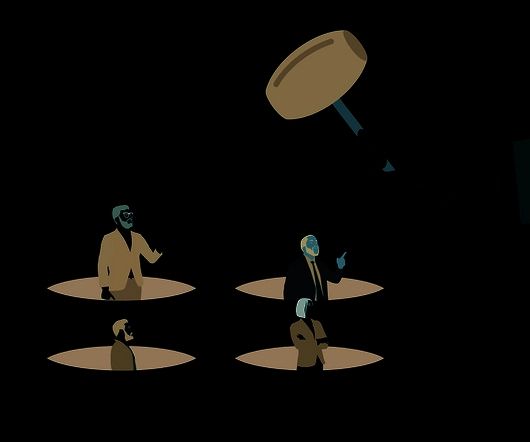Criticisms That Establishment Psychiatry Can and Cannot Tolerate
Mad in America
MAY 3, 2025
Thus, establishment psychiatry is unthreatened by the idea that trauma and adverse childhood experiences are a cause of emotional suffering and behavioral disturbancesas long as these conditions are medicalized. F or the institutions comprising establishment psychiatry, self-preservation means maintaining legitimacy as a branch of medicine.











Let's personalize your content